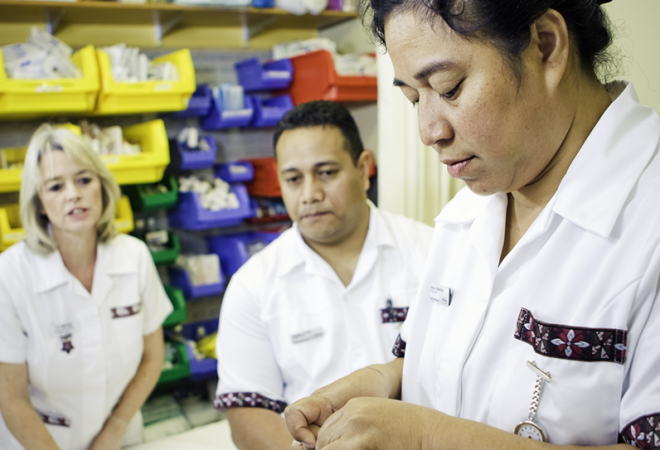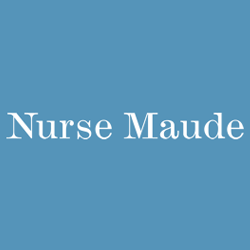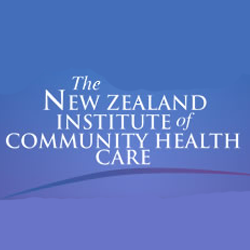
Developing the critical thinking skills of health and community support sector trainees
Status
Completed: 16 July 2015
Project Details
A project, completed in 2015, to provide targeted professional development to workplace educators in the health and community support sector to enable them to strengthen and deepen the critical thinking skills of their learners. A collaboration of Careerforce, New Zealand Institute of Community Health Care and Nurse Maude.
Aims:
The main aims of the project were to:
- provide professional development to workplace educators to enable them to deliver tailored and contextualised critical thinking skill development and support to their trainees
- assist support workers to develop critical thinking skills in order to move from a task-based focus to having the ability to deliver person-centred support
- develop skills in higher level thinking and reasoning abilities to enable support workers to deal effectively with complex change, increased demands and greater accountability.
Methodology:
The project methodology included the following:
- a literature review on the application of critical thinking skills
- a series of four professional development workshops was designed to support workplace educators to develop critical thinking skills in support workers
- pre and post programme assessment of participants was conducted.
Research questions:
- What are the key critical thinking skills required in the core learning assessment components of the National Certificate in Health, Disability, and Aged Support (Core Competencies) (Level 3)?
- What are the key components of a professional development curriculum required to support workplace educators to deliver the critical thinking skill development required?
- What impact does this professional development in critical thinking skill development have on workplace educators?
Team

Dr Nicky Murray
Project Leader
Careerforce
Penney Kemp
Nurse Maude
Cushla Wilson
Careerforce
Dr Chris Hendry
Project evaluator
NZ Institute of Community Health Care
Gill Coe
Project evaluator
NZ Institute of Community Health CareStatus
Funding
$37,800.00 (excl GST)
Key Findings
The key findings from the project, in relation to the workshops, were:
- Ensuring pedagogical soundness and industry authenticity, the curriculum and resources were developed in partnership between the Industry Training Organisation and an employer and were informed by a comprehensive literature review.
- The team teaching model allowed for the complementary strengths of the facilitators to be fully utilised.
- The workshops were timed to fit in with the busy schedules of the workplace trainers. The social interaction that took place over the meal breaks cemented trust and respect among the participants.
- A safe and confidential environment was provided for the workshops.
- The workshops used scenario-based learning, concept map technique, and reflective journals and exemplars to demonstrate the application of these techniques in the workplace.
- The participants valued the opportunity to undertake this professional development, as well as the array of resources developed to support their learners.
- The workshops provided a means to ‘test’ the strategies and resources that are now contributing to the design and package of a final product.
Key Recommendations
The following recommendations cover the factors to consider when developing this type of professional development model:
Work with industry partner(s) | Work with a well-respected industry partner to ensure authenticity and credibility.
Curriculum and resource development | Allow plenty of time and support for curriculum and resource development – the front-end development of the project is intensive and can’t be rushed.
Evaluative component | Put in place a strong evaluative component from the outset of the project – the robust evaluation is integral to the initiative, not in addition to.
Profile of the learners | Take account of the profile of the learners you wish to engage with and ‘take the learning opportunity to them’ wherever possible.
A research report prepared by Nicky Murray and Chris Hendry.
(PDF, 1.63 MB, 42-pages).
- 20 July 2015